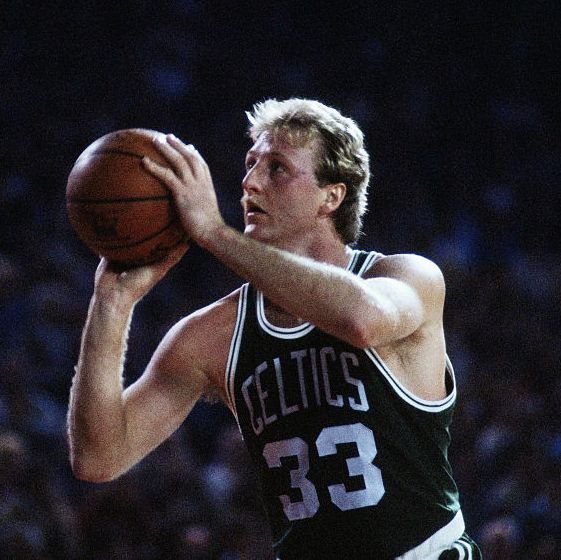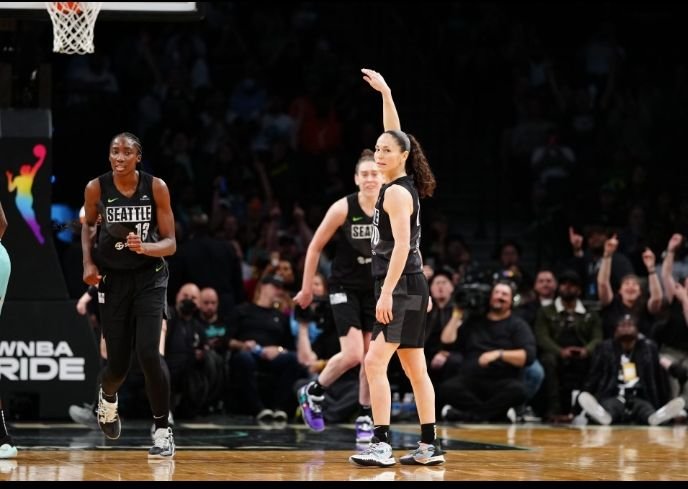
Growing up, the legendary Larry Bird of the Boston Celtics was a constant presence in my relationship with my father. Bird’s influence was woven into every conversation and quiet moment between us, especially on the night when my world seemed to unravel, leaving me dazed and confused.
My first close encounter with Larry Bird’s jump shot was in December 1984, during a pregame shootaround at the Omni. Seeing him in person, larger and blonder than on television, was mesmerizing. At eight years old, I stood on my tiptoes, but it was my father who lifted me onto his shoulders, securing my ankles with his hands. The precision of Bird’s shots was astonishing, with some swishes sounding like he was hitting a bullseye within a bullseye.
Living in Atlanta as loyal Hawks fans didn’t diminish my father’s admiration for Bird. Having grown up in New Albany, Indiana, south of Bird’s hometown, my dad held a deep respect for the Celtics star. Though he had once aspired to be a pastor, lawyer, or professor, he instead found his primary audience in me. Our daily ritual involved him recounting Bird’s latest box scores, the numbers dancing in my mind throughout school. He often reminded me that Bird had once worked as a garbage man, a story that became a cornerstone of our shared mythology. With every perfect shot Bird made at the Omni, my dad’s grip on my ankles tightened, leaving a lasting impression.
Larry Bird remained a guiding star throughout my youth, even though I never got physically closer to him than that day at the Omni. Bird’s presence was felt in every debate and silent moment with my dad. This connection was especially poignant on a December night in 1991, a night when everything seemed to fall apart for me, leaving me feeling lost and alone. My father couldn’t help me then, as some journeys are meant to be taken alone. He often spoke of Bird not just as a basketball icon but as a symbol pointing toward broader lessons about America and life. These lessons required a kind of vision and understanding I wasn’t ready for; I was more interested in the simpler goal of finally beating my dad in a game of one-on-one, a victory he never allowed, no matter the circumstances.
My father used Bird’s story to teach me about perseverance and seeing beyond the immediate game. Bird’s journey from quitting Indiana University after just 24 days to becoming a basketball legend who once worked as a garbage man was more than just a sports tale; it was a lesson in resilience and vision. Despite my reluctance to learn these lessons at the time, preferring instead to focus on beating my dad in basketball, those moments have stayed with me.
Reflecting back, I realize that my father was preparing me for life’s unpredictable challenges. The lessons he imparted, often framed through the lens of Larry Bird’s legacy, have had a lasting impact. While I didn’t always appreciate these lessons in the moment, they’ve become integral to how I understand the world and my place in it.




